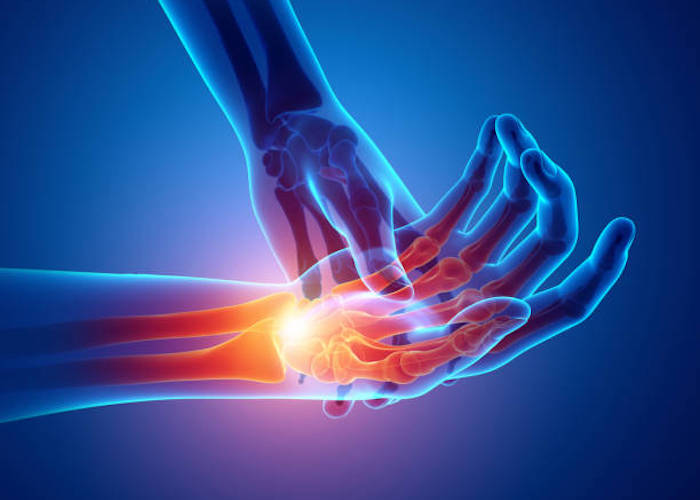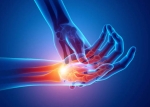
Maybe you’re one of the lucky people who haven’t had to deal with hand pain. But even so, you can easily imagine what your day would be like all the things you would struggle to do if you couldn’t use your hand.
The medical team understands how important it is to regain full, pain-free function in your hands. They use advanced diagnostic tools to determine the source of your pain. Then they create customized treatment plans that draw from an array of medical specialties to overcome hand problems as quickly as possible.
This list gives you some of the top culprits of hand pain. If you suspect you have any of these conditions, or you have hand pain that doesn’t get better, don’t wait to seek treatment. If you keep using your hand, the underlying problem only gets worse.
Overuse Injuries
Overuse injuries begin when you repeat the same hand movements. The ongoing stress of using the same parts of your hand leads to small tears and inflammation, usually in a tendon.
At first, you may only have mild pain that comes and goes. But without treatment, the small injury gets worse and causes more pain. In severe cases, inflammation weakens the tendon, and it ruptures.
Sports like tennis, golf, and baseball frequently cause overuse injuries. But many types of everyday activities contribute to the problem, such as typing, using tools, playing an instrument, and sewing.
Two of the most common overuse injuries are:
De Quervain’s Tenosynovitis - De Quervain’s tenosynovitis develops when the tendons that move your thumbs become irritated, inflamed, and swollen. If you feel pain when you grasp something, form a fist, or turn your wrist, chances are you have this condition. You may also have mild swelling, redness, and tenderness in your wrist near the thumb.
Carpal Tunnel Syndrome - Carpal tunnel syndrome is an overuse injury that occurs when inflamed tendons in your wrist pinch the median nerve. Carpal tunnel syndrome can cause pain and tingle in your thumb, index, middle, and ring fingers. The same symptoms may travel through your arm.
Traumatic Injuries
By definition, traumatic injuries are sudden and usually severe. The most common traumatic injuries in your hands include broken bones and sprained or torn ligaments. These injuries most often occur during athletic activities and when you fall onto an outstretched hand.
You can also have a traumatic nerve injury following a cut or crush injury. Though it’s common for severe nerve injuries to be related to work or a car accident, they can happen under many circumstances.
Degenerative Disease
The two most common degenerative diseases responsible for hand pain include osteoarthritis and rheumatoid arthritis. Though they have different causes, both types cause joint pain, stiffness, and limited movement.
Osteoarthritis can affect any joint, but the base of your thumb is one of the top sites. You develop osteoarthritis when cartilage in the joint breaks down and wears away, gradually causing inflammation and deterioration in the underlying bone.
Rheumatoid arthritis begins in the small finger joints when the tissues lining the joint become inflamed. The ongoing inflammation eventually damages cartilage, erodes bones, and causes deformities.
Other Common Causes Of Hand Pain
Your hand pain may also be caused by:
Ganglion Cyst - Ganglion cysts consist of sacs that contain synovial fluid. The cysts develop over a joint or tendon, and they range in size, but they cause a noticeable lump on the top or bottom of your wrist or at the base of a finger on the palm side of your hand. As the cyst enlarges, it becomes quite painful and affects your ability to use your hand.
Trigger Finger - If you have a finger or thumb that stays in the bent position, or it seems to snap rather than move smoothly, you may have a condition called trigger finger. This condition occurs when a sheath surrounding the flexor tendon is inflamed. The inflammation stops normal movement and causes pain, especially when you try to move your finger.
Precision Pain Care and Rehabilitation has two convenient locations in Richmond Hill – Queens and New Hyde Park – Long Island. Call the Queens office at (718) 215-1888, or (516) 419-4480 for the Long Island office, to arrange an appointment with our Interventional Pain Management Specialist, Dr. Jeffrey Chacko.













